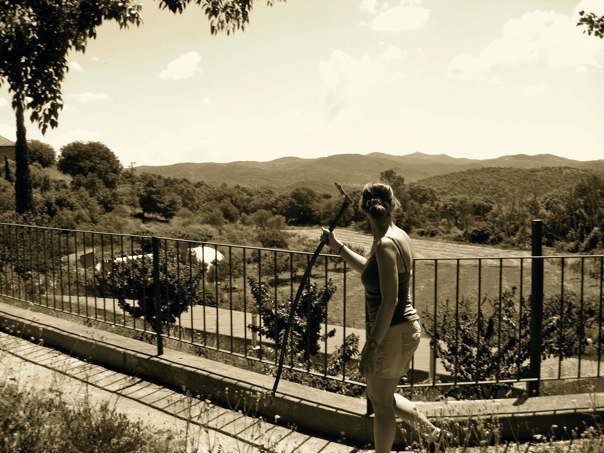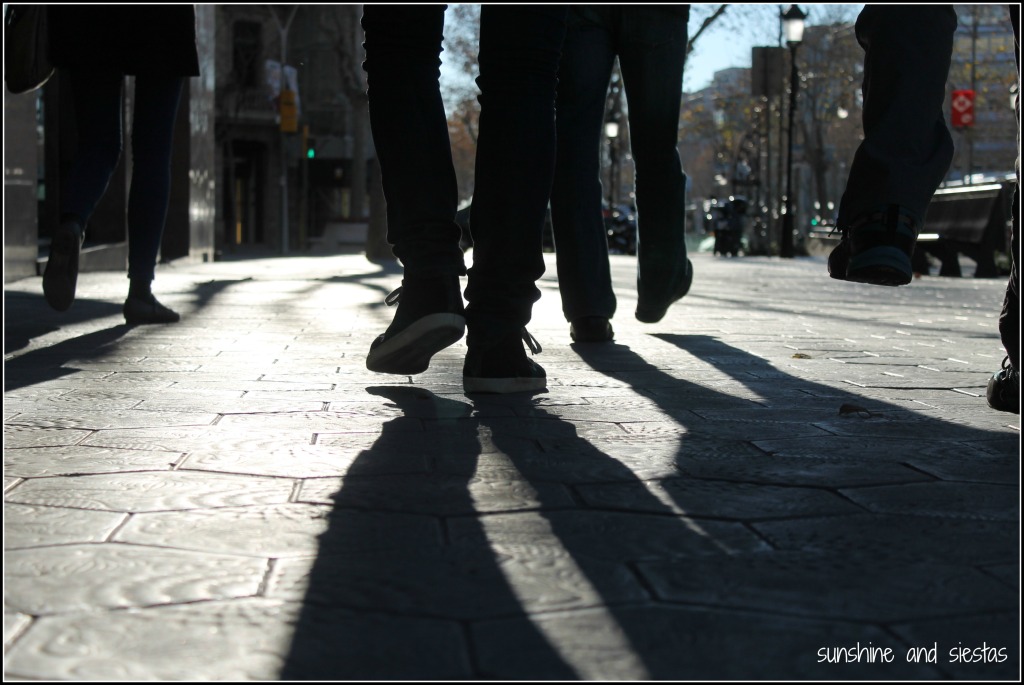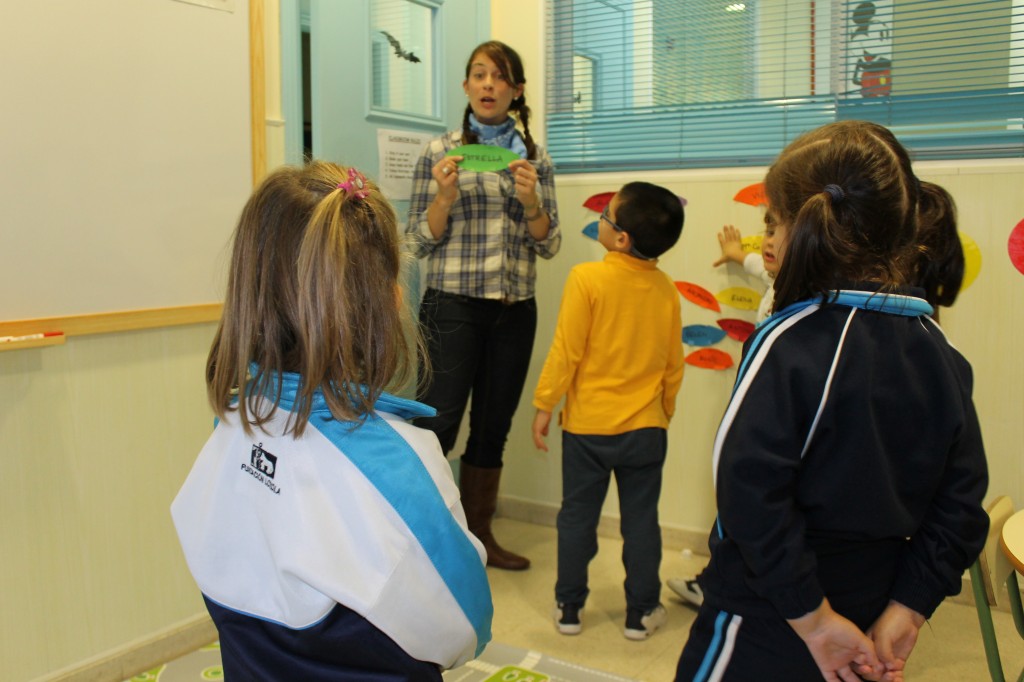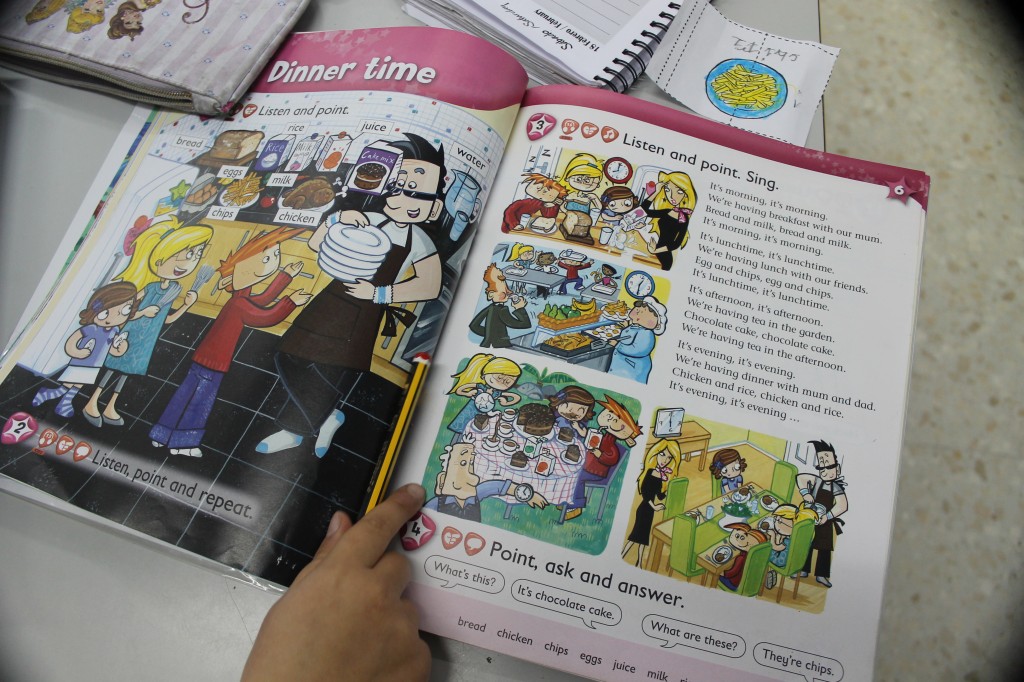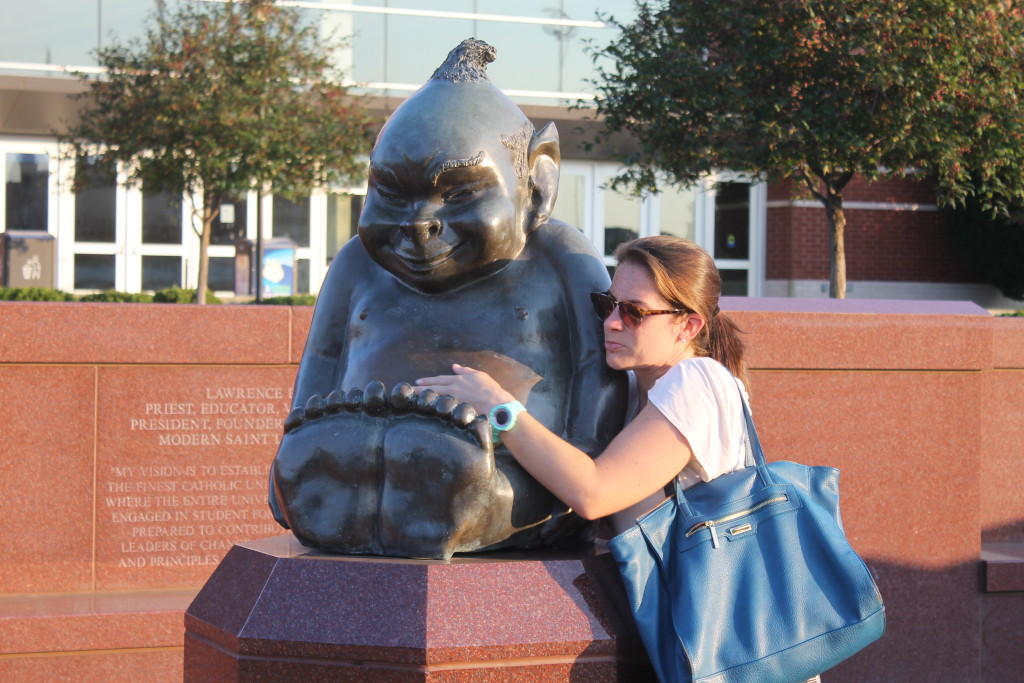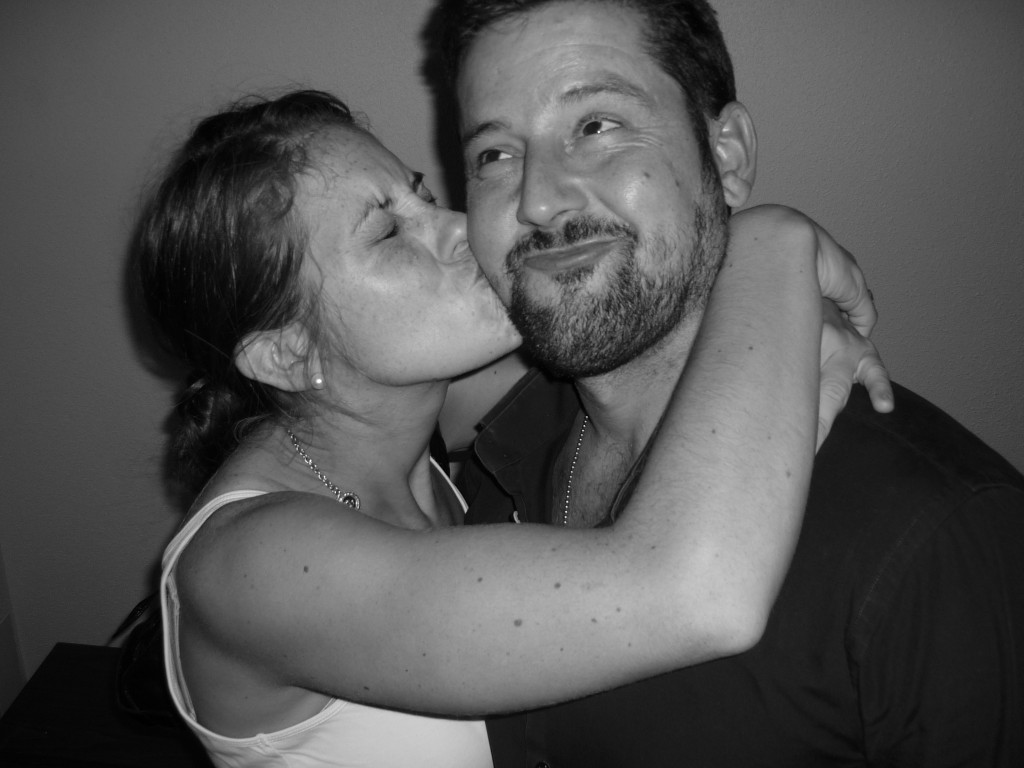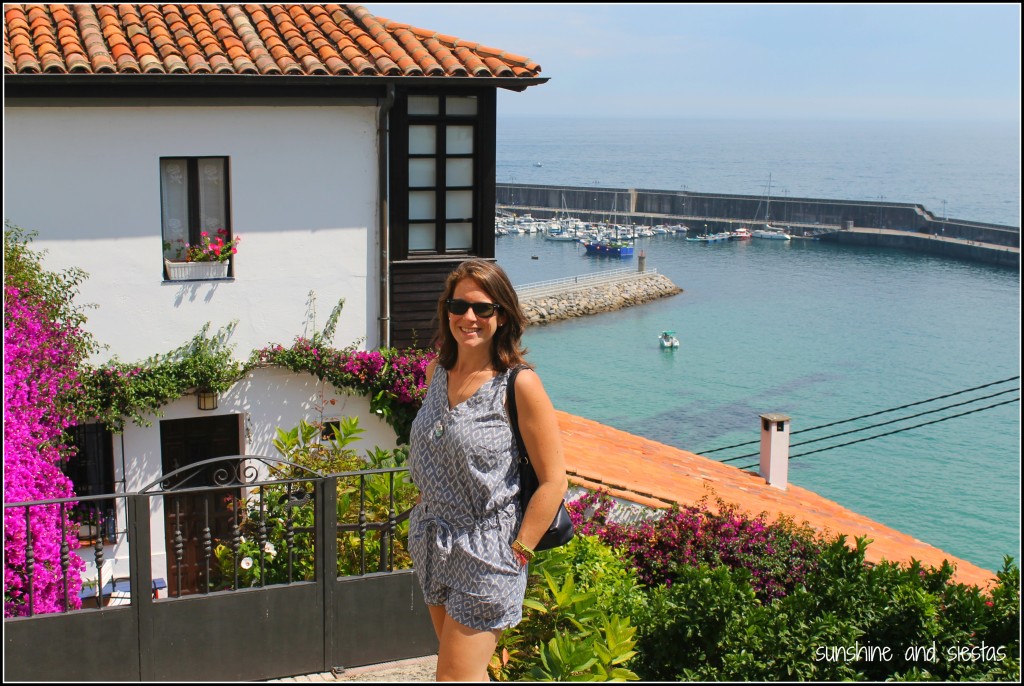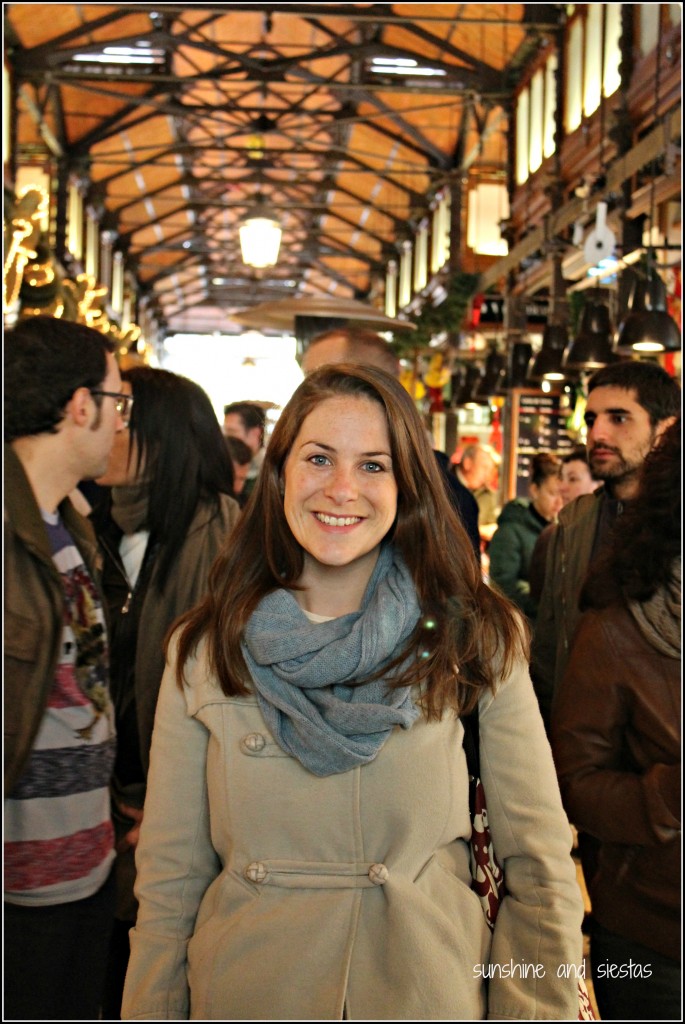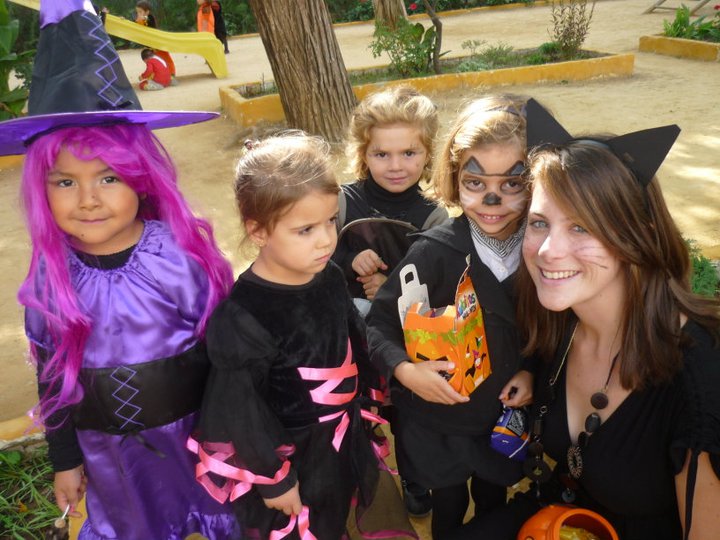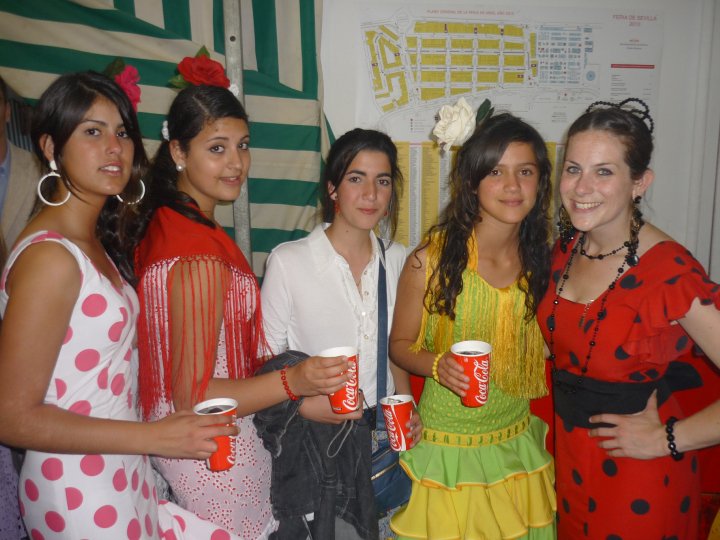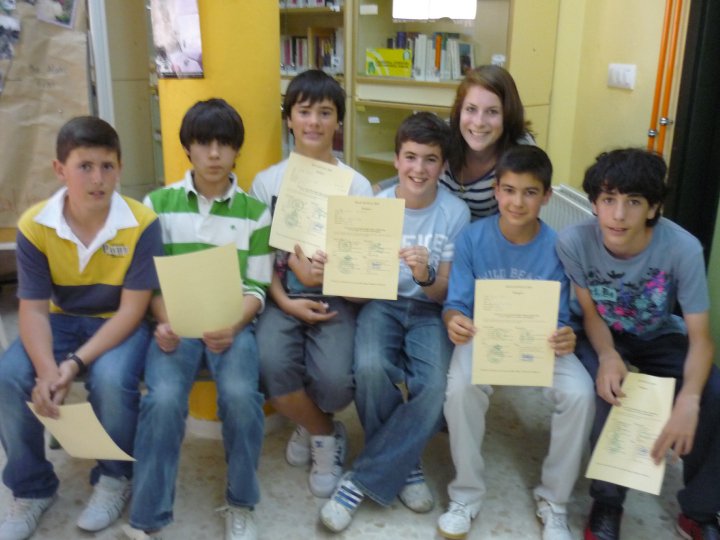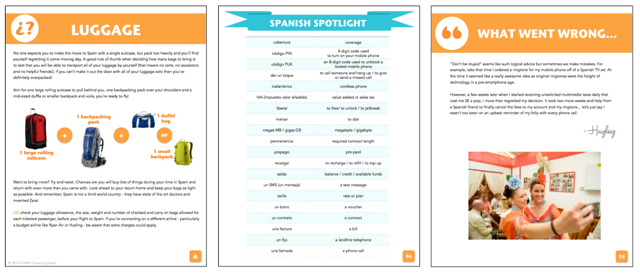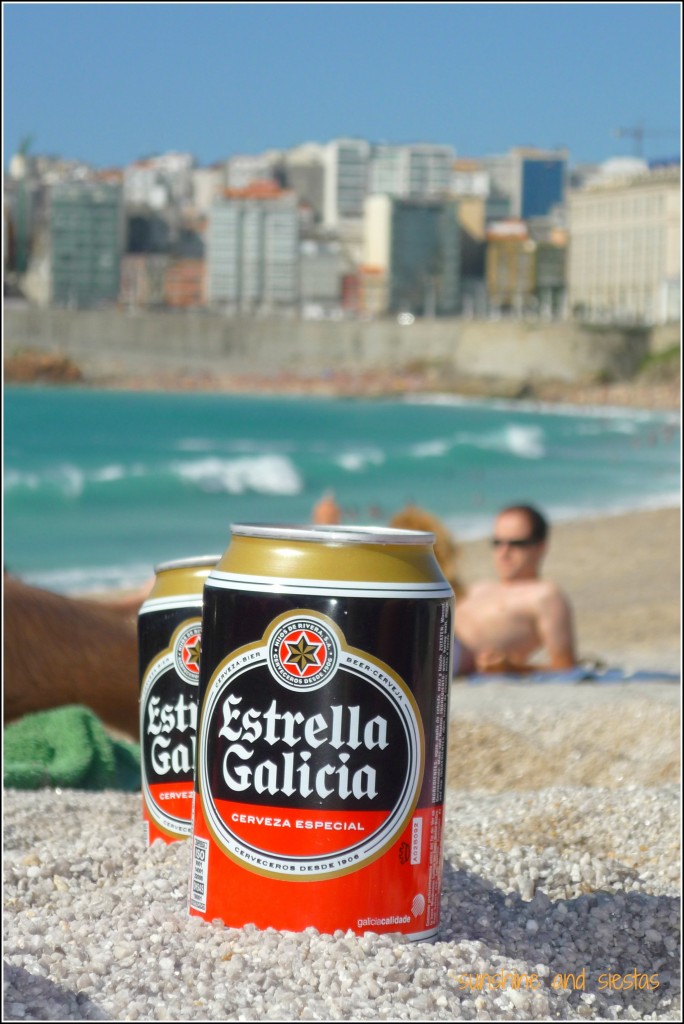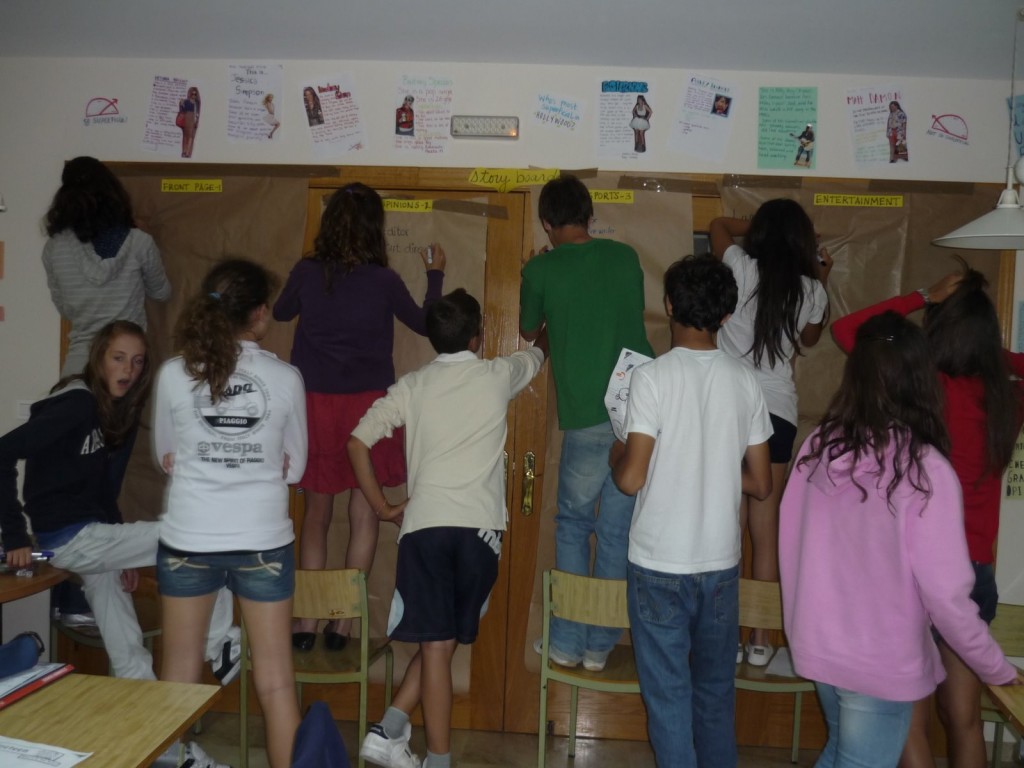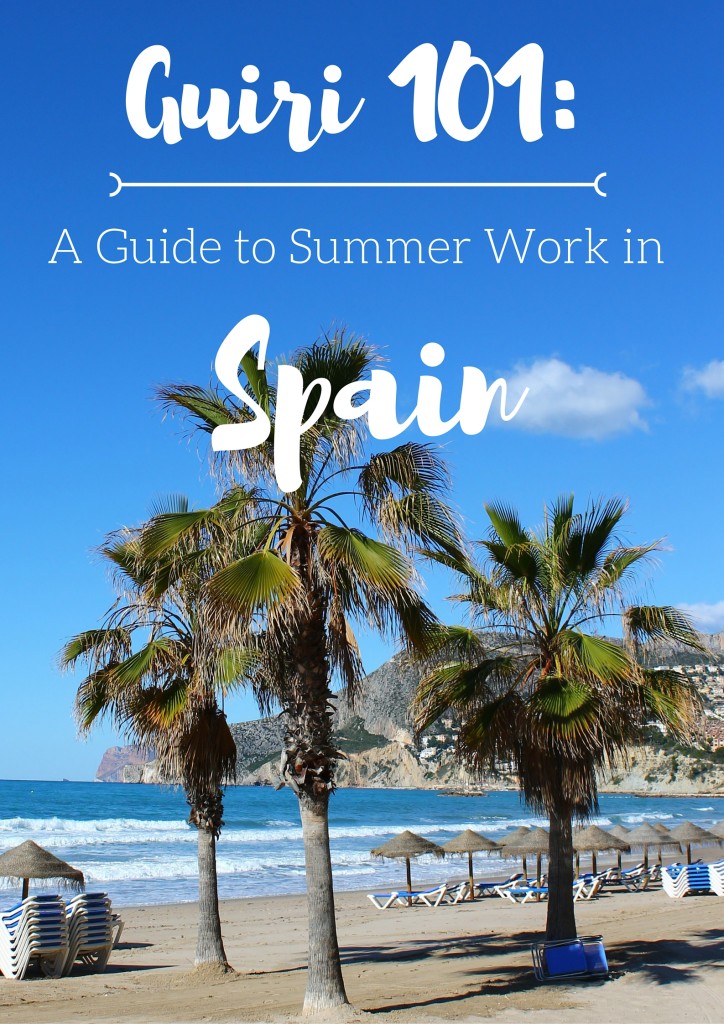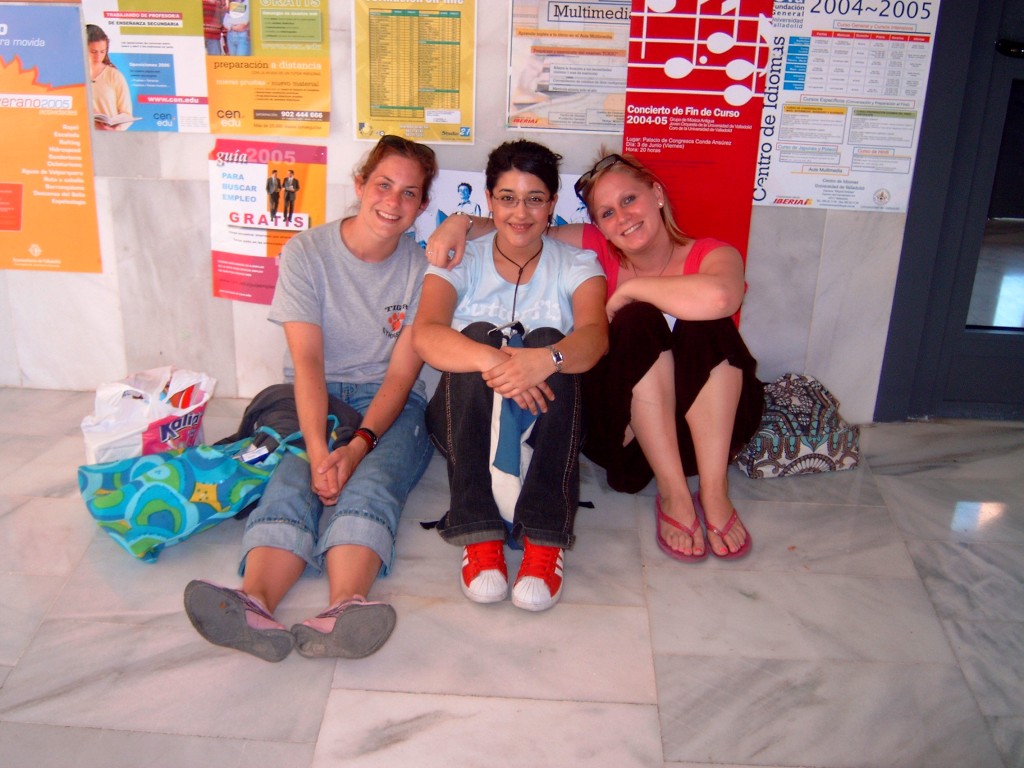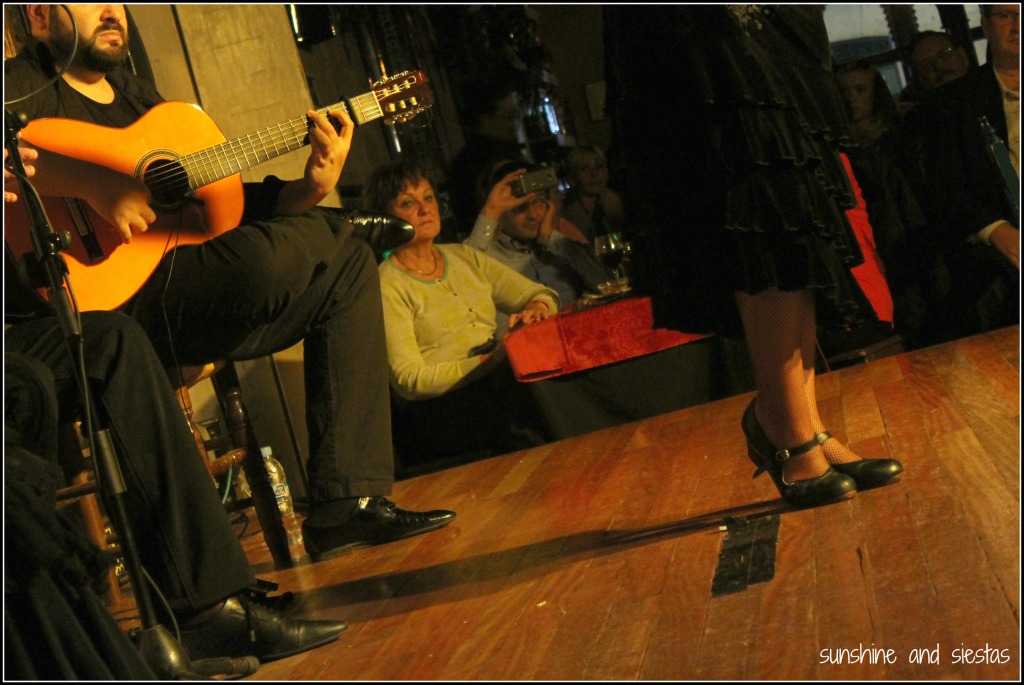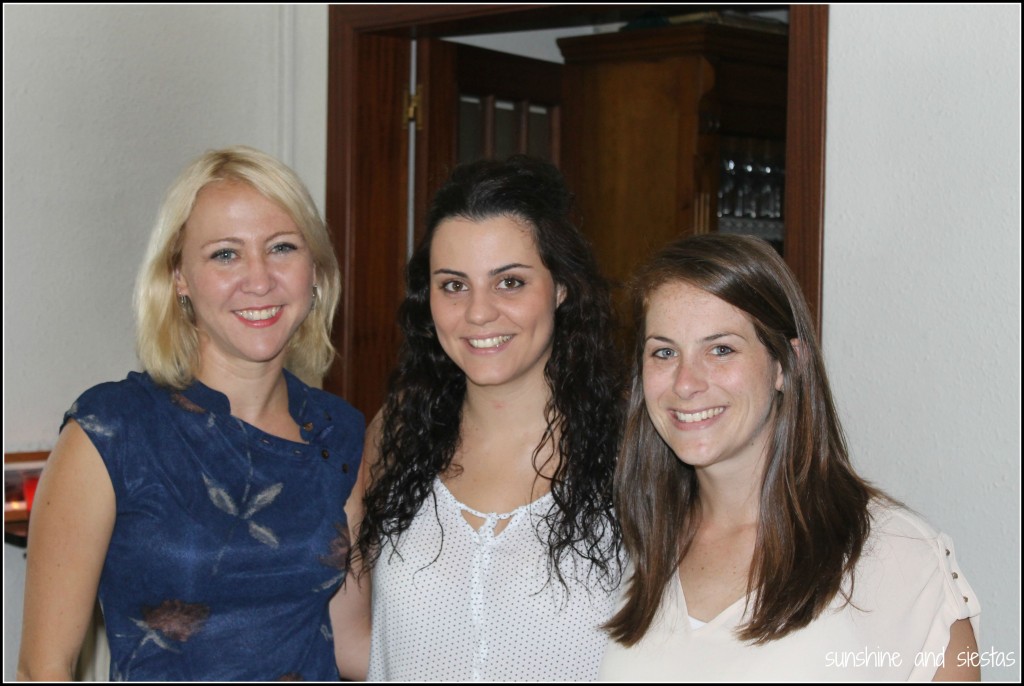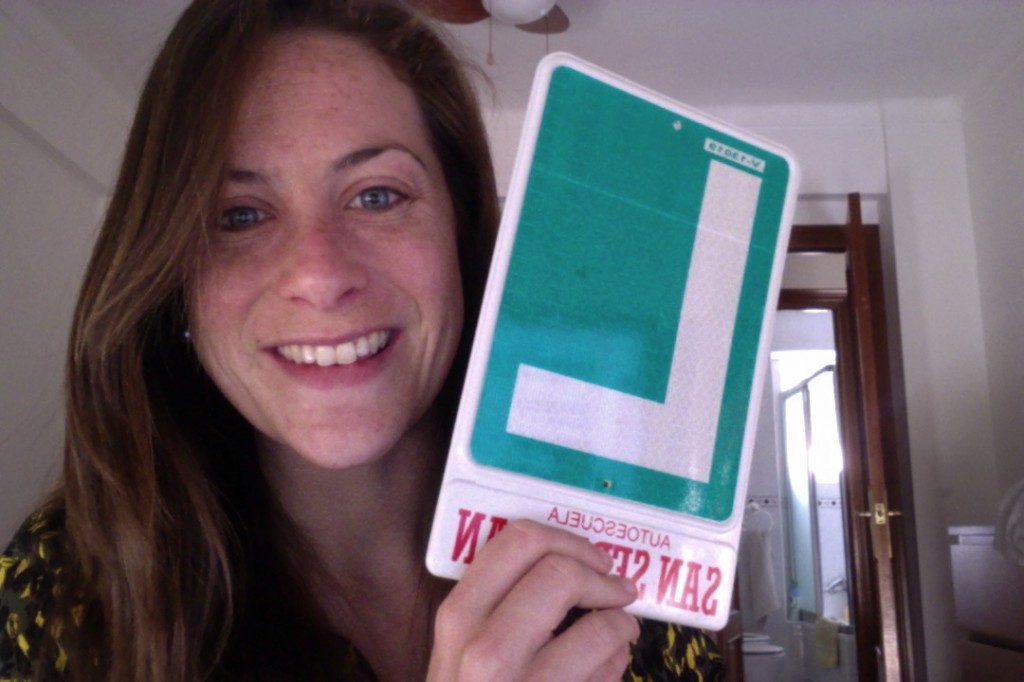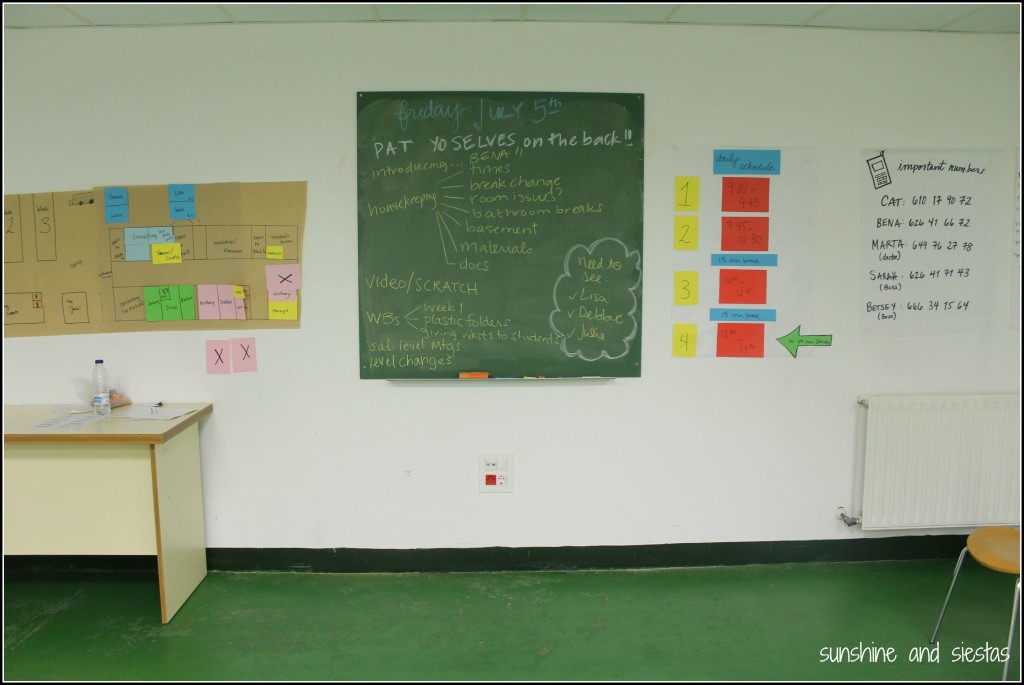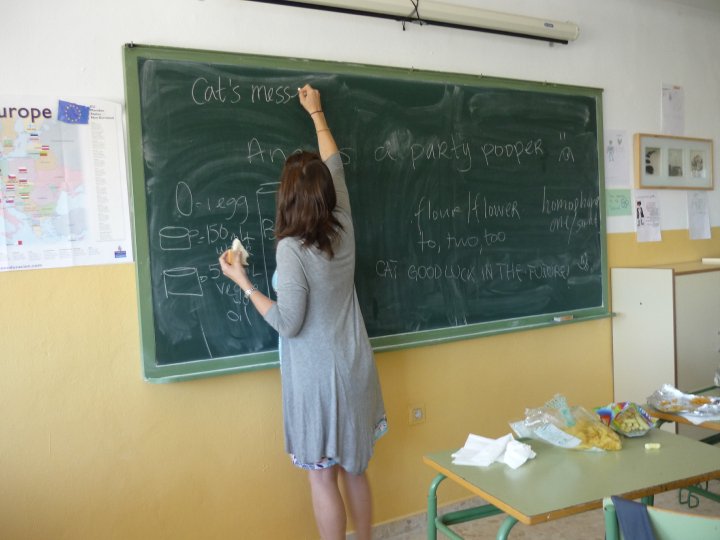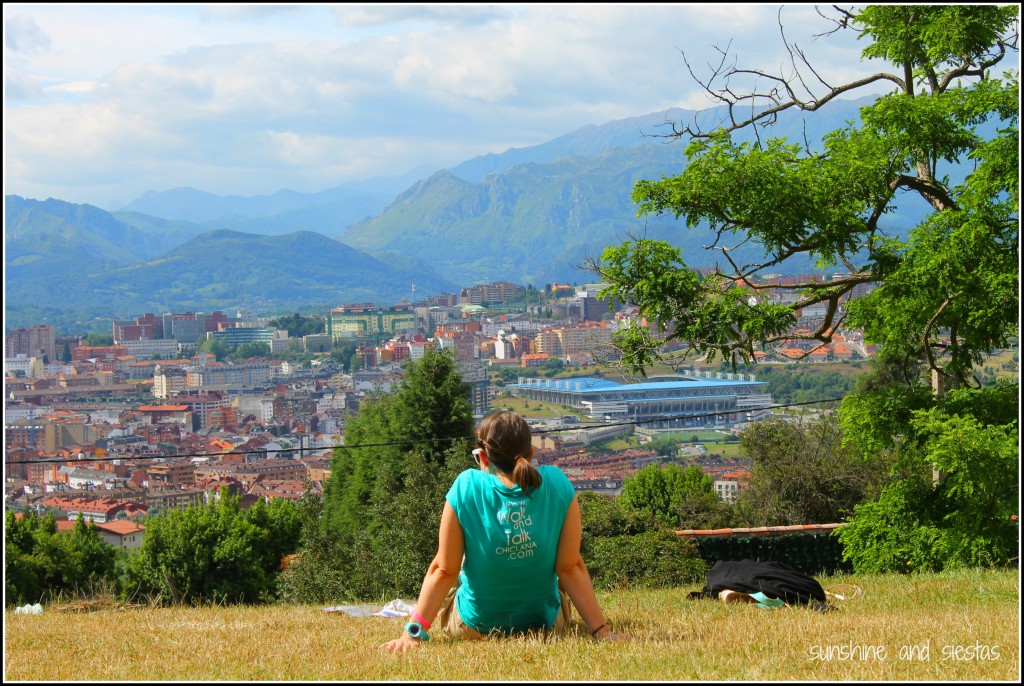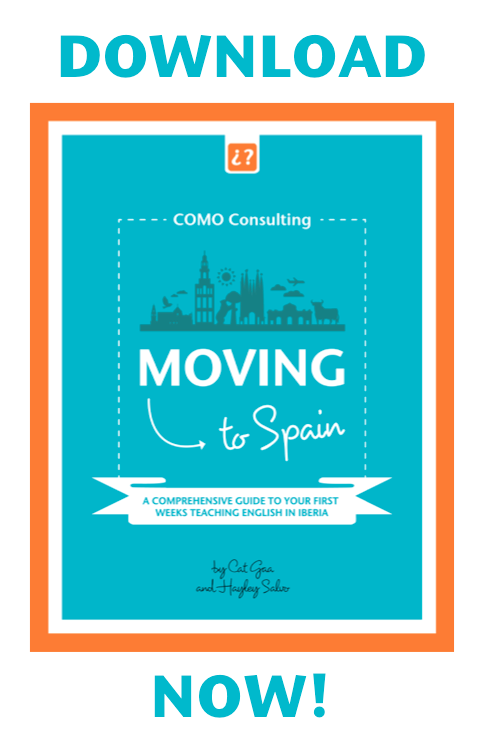If life abroad weren’t complicated enough, filing taxes from abroad becomes even more complicated. As he drove me to the airport in 2007 for a year in Spain, my dad casually mentioned that I’d need to fax my first paycheck so that he could get a handle on my tax situation as soon as possible. “You’ll lose your passport otherwise.”
I scoffed, but eventually heard horror stories of people held at customs for not defaulting their student loans or not filing their taxes. Back before we had smartphones, I scanned and made copies of all of my bank statements just in case Uncle Sam came calling. Every April 15th, I gloated over all the zeros on my tax returns.

Then came love, marriage and the baby carriage, and I entered the murky world of filing taxes in Spain as an employee, dutifully filing in both countries.
A dozen years on, my interest in protecting my assets while understanding tax laws for my little American passport-totting Spanish children had me looking to the experts for more information about how and when to report my earnings abroad, as well as how to generate a positive return. It turns out that I had little idea about the intricacies of basic filing knowhow, which I’m sharing here as five things most expats don’t know about filing their US taxes from Spain:
Deadlines – April 15th is just another date on a calendar for expats filing taxes abroad
When you’re living abroad, you suddenly have double the dates to remember – holidays at home and abroad, your next trip stateside, and when to file your taxes in both countries.
This proved to be especially important for me as an American living and working in Spain. The Spanish declaración de la renta is not due until June 30th but cannot be filed until April 1st; in order to file my American taxes, I had to first file my Spanish claims and receive my return to send to an American accountant. April 15th – the American deadline – is thus too precipitated, but the common knowledge is that Americans residing abroad have a two-month grace period until June 15th, so long as you have filed for the extension prior to April 15th.

You can file for a later deadline, provided you do it prior to April 15th. Below are the important dates to remember when filing your US taxes from abroad:
Previous year tax return: October 15th
FBAR: October 15th
Even if you arrive to a zero balance on your tax return, you are required to fill out an FBAR if your worldwide assets total more than $10,000 or their local equivalent across any account bearing your name – even if just for one day. For instance, I began filing an FBAR in 2014 when I bought a house, as the amount I transferred in from the US was over the threshold.
Child tax credits: having a case of the babies can pay off on your taxes
I was well aware that the Spanish government offered what they called a cheque bebé, or a tax rebate on children up to age three. I chose to get the monthly 100€ check as a lump sum on my Spanish returns, as well as take advantage of the Comunidad de Madrid’s 90€ monthly rebate for working mothers.
When I found out I also qualified for a refund in the US under a recent tax reform called the Child Tax Credit, I was thrilled to know that the money I was paying out of pocket for childcare would be returned.
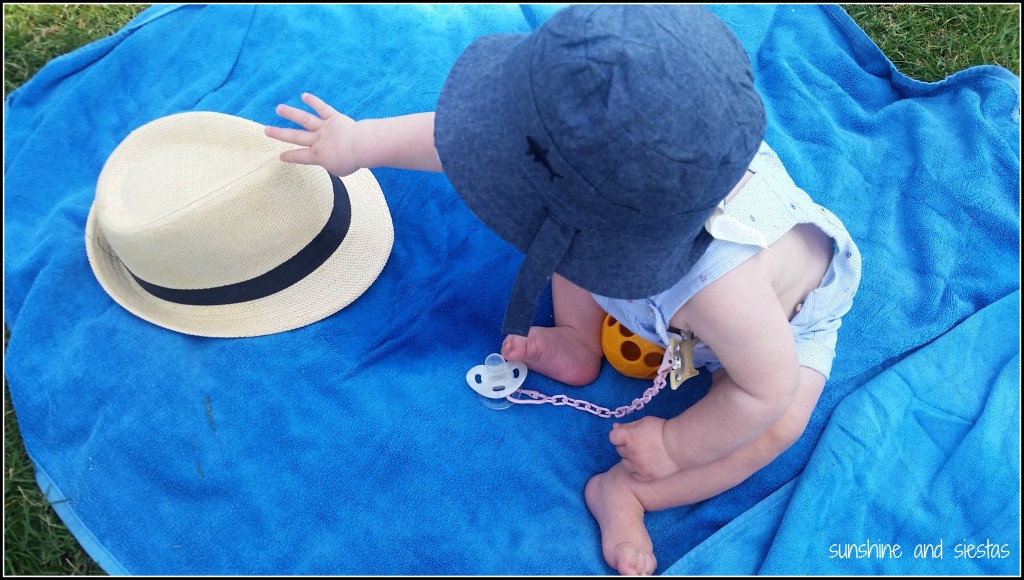
There are two types of child tax credits: the Child Tax Credit and the Dependent Care Credit. I was able to file for the former, which qualifies for a reduction of $2000 per child, provided the child is under 16, has an American social security number or Individual Taxpayer Identification Number and is an American citizen. Because I did not earn enough to be taxed in the US via my Spanish income, my child tax credit came in the form of a refund – finally someone paid me a “salary” for my second shift job!
The other credit is for those who wish to claim up to $600 per child for childcare costs for dependents under the age of 12 when one or both parents work or are eligible to work.
Ojo – if you have filed for the Foreign Earned Income Exclusion , you will not qualify for these exclusions.
FATCA: This is the reason why your foreign bank asks you for a W-9
Oh, the Foreign Account Tax Compliance Act. No sooner had I signed the dotted line on a mortgage, my assets at my Netherlands-based bank were frozen. Imagine me, IKEA boxes piled onto a cart, having two debit cards and a credit card denied when I’d just been paid my finiquito and my monthly wages.

Enacted in 2014 and enforced heavily throughout the world, this IRS-imposed financial bullying is meant to catch those with offshore accounts but ends up hurting expats with its reporting. All Americans wishing to bank abroad are typically asked to provide both a W-9 form and a copy of their residency status to open and operate a bank account; when the law came into effect, I was politely asked to sign a W-8BEN, despite the DO NOT SIGN IF YOU ARE A US CITIZEN OR GREEN CARD HOLDER warning across the top.
Anyone know any Spaniards named Catherine Gaa? No?
Despite following my bank’s instructions, my accounts were frozen for two weeks, meaning my mortgage, life insurance and other important bills went unpaid – even my blog went offline when I was truant on my hosting fees.
FATCA can be problematic when trying to bank or own a business abroad, as the IRS has to know about it. Your bank is probably getting bullied into giving you the W9 and demanding to see your local residency card, anyway. In turn, they report your full name, birthdate, US social security number and bank balance to the US authorities.

Word to the wise: if you’re marrying a foreign national, bring up FATCA and taxes in the US like you would the question of having children or not. It may impact how you bank together.
Double taxation and Foreign Earned Income Exclusion: do I make enough money abroad to file?
While we’re on FACTA… the reason the whole mess came to be was because of a bunch of rich people using tax paradises to not pay on their worldwide earnings, something that the US requires you to report no matter where you live or where you earn your money (or euros or yen). It traps us little guys who earn normal salaries abroad and pay taxes on those earnings.
While the US has tax treaties with more than 6 countries, these agreements are really meant to not tax foreign nationals living and working in the US from being taxed in both countries. In other words: if you have a US passport and earn money, you should file. If you are, say, Spanish and work in the US, you wouldn’t have to file in Spain because of these treaties.
If you’re earning less than $100,000 worldwide, chances are you won’t owe the IRS any money. You can file for something called the Foreign Earned Income Exclusion in this case, or even the Foreign Tax Credit, which deducts $1 for every dollar you have already paid in taxes in another country. This is where filing for an extension in order to pay taxes in your country of residence comes in handy; you can then apply for the Foreign Tax Credit via Form 116.
Back filing and getting up to tax compliancy
Most expats know that they are legally obligated to file taxes every year, but the common belief is that if you don’t earn money in the US, you won’t have to pay any money to Uncle Sam.

A friend of mine brought up a great point recently during a US consulate town hall: if I know I owe nothing to the IRS, why do I have to pay someone to do my taxes? When you compare the price of back filing your taxes through the IRS’s streamlined procedure to the $50,000 start price for not complying with FATCA, it makes sense to bite the financial bullet. What’s more, the IRS can find you since you let your bank report to them.
In order to become compliant via the streamlined process, you must:
- File your last three federal tax returns
- File your last six FBARs, if applicable
- Pay any taxes due
- Self-certify that your previous failure to file was non-willful
What companies can file my taxes for me? Can I use Turbotax if I live abroad?
Anyone else wish they would have learned about filing taxes when they had their first job? Or in high school? Or at any point in their lives?
When I was slinging sandwiches at age 15 at a local deli, I never imagined I’d end up living abroad. My dad dutifully tallied my $6.25 hourly wage before April 15th, and we celebrated with 29 cent hamburgers at MCDonald’s for dinner. Taxes are fun! I’d say as I chowed down at the dinner table.
HA.
You can absolutely use Turbotax or your parents’ accountant, but as we began to earn money from renting our home and then bled money into childcare, I realized I needed someone who was specialized in tax law in both Spain and the US. The Novio does a great job on our declaración de la renta in Spain, reading up on new laws and saving receipts of everything from school uniforms to a new corkscrew for our rental property – but he is as useless as I am on American taxes.

Bright!Tax was exactly what I needed as money matters got murky last tax season.
An honest review of Bright!Tax from an American abroad
Katelynn, a qualified American CPA working for Bright!Tax, got in touch with me immediately to schedule a call and talk through my household situation. While filing taxes when it was just me was a cinch, marrying a person with a different passport and entering a 30-year mortgage and lifelong parentage with him complicated things. Katelynn’s humor and understanding of both Spanish tax law basics and the language allowed her to figure out exactly where we were spending our euros and how that may benefit me in my US return.

What’s more, the communication was immediate yet not drawn out – she meant business in the best sense of the word, keeping deadlines in both countries in mind. After each call, a follow-up email with my action tasks was sent, allowing me to keep tabs on the documentation I would need to provide for my situation. As I was also preparing for a move and a baby, I appreciated that I didn’t have to chase someone else down.
Rather than sending all of my personal and financial information via email, Bright!Tax uses an interface with double authentication that allows you to fill out corresponding fields and upload your documents directly to their server. It was quick and simple to understand, and I didn’t have to worry about my information getting out to the interwebs or about GDPR, the European data protection laws (my new vendetta after FATCA).
The best part? I was able to get a refund equivalent to a month’s pay via the Child Tax Credit and the depreciation for renting our home in Seville. My dad had worked out how to make my return equivalent to zero year after year, but having insider knowledge of new tax laws meant a payout and direct deposit into my American savings account
I have already reached out to Bright!Tax about my 2019 filing, which will include the FBAR and the FATCA forms, this year. If you mention my blog or my name, you can get $50 off your filing – and if you need to take advantage of the streamlined process, every little bit helps!
February means my place of work will be sending me a list of my deductions for 2019, and the Spanish government will be paying me another 600€ for contributing another member to society (and someone who will pay pensions in the future), so it’s time to get cracking on my taxes once again. As they say – nothing in life is certain but death and taxes – and the cervecita I’ll have when I’m filed and compliant in both countries.
Full disclosure: Katelynn prepared my taxes free of charge for 2018 in exchange for my post. I can’t speak more highly of the whole process – and I keep it real.


